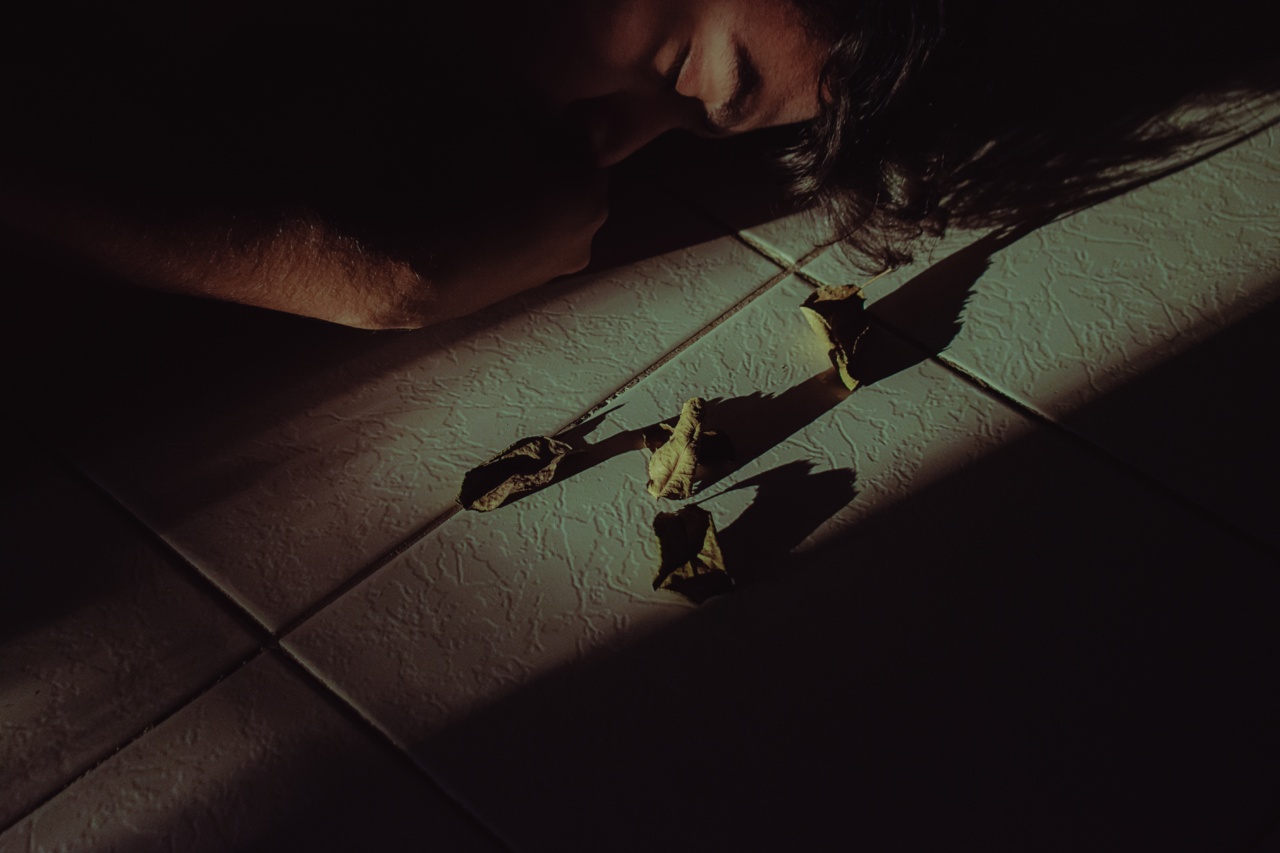Light is one of the most significant external factors that can influence human health. Light exposure can impact our body clock, which regulates our sleep-wake cycle and affects our mental health as well.
In recent years, many studies have been conducted that show the importance of light exposure on mental and physical health. This article will give you an insight into how light exposure can impact your sleep and mental health.
What Is the Human Body Clock?
The human body clock, also referred to as circadian rhythm, is an internal biological clock that is responsible for regulating our sleep-wake cycle.
Our body clock tells us when it’s time to be awake and active and when it’s time to sleep and rest. It is regulated by an internal biological process that responds to light and darkness cues received by the eyes.
How Does Light Exposure Affect Our Body Clock?
Light is the most important factor that regulates our body clock. When there is darkness, our brain releases a hormone called melatonin that helps us fall asleep.
When there is light, our brain suppresses melatonin production, which makes us alert and awake. Exposure to light at the wrong time of day, such as exposure to bright artificial light in the evening, can disrupt our body clock and make it difficult for us to fall asleep.
This can lead to a multitude of sleep problems, including insomnia, sleep apnea, and restless sleep. Exposure to light in the morning, on the other hand, can help reset our body clock, making it easier for us to fall asleep at night and wake up in the morning.
How Does Light Exposure Affect Mental Health?
Light exposure can also affect our mental health. Lack of exposure to natural light can lead to a condition known as seasonal affective disorder (SAD), which is a type of depression that occurs during the winter months when natural light is scarce.
Studies have also shown that living in areas with little natural light can increase the risk of depression and anxiety.
How Can You Improve Your Light Exposure?
There are several ways to improve your light exposure, such as:.
- Getting natural light exposure during the day by spending time outdoors or near windows
- Using artificial lights that mimic natural light, such as full-spectrum light bulbs or light therapy boxes
- Limiting exposure to artificial light sources, such as computer screens, television screens, and smartphones, especially in the evening
Conclusion
Light exposure plays a crucial role in regulating our body clock and affecting our mental health.
Exposure to light at the wrong time of day can disrupt our sleep, leading to a host of sleep problems, while lack of natural light exposure can increase the risk of depression and anxiety. By understanding the impact of light exposure on our health, we can take steps to improve our light exposure and promote better sleep and mental health.






























